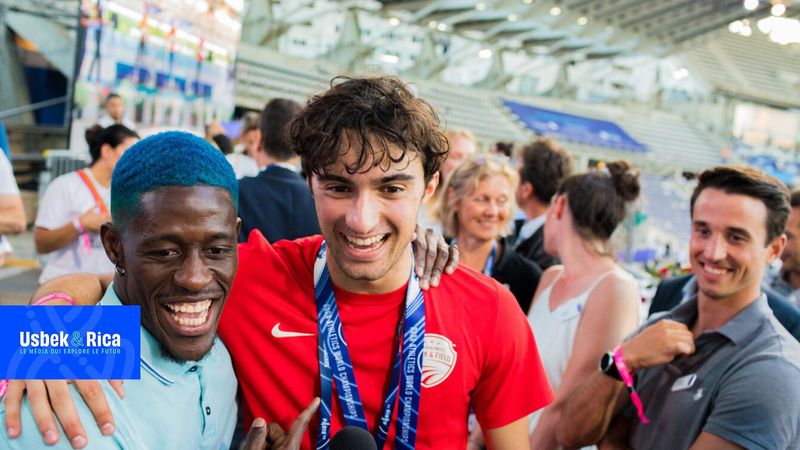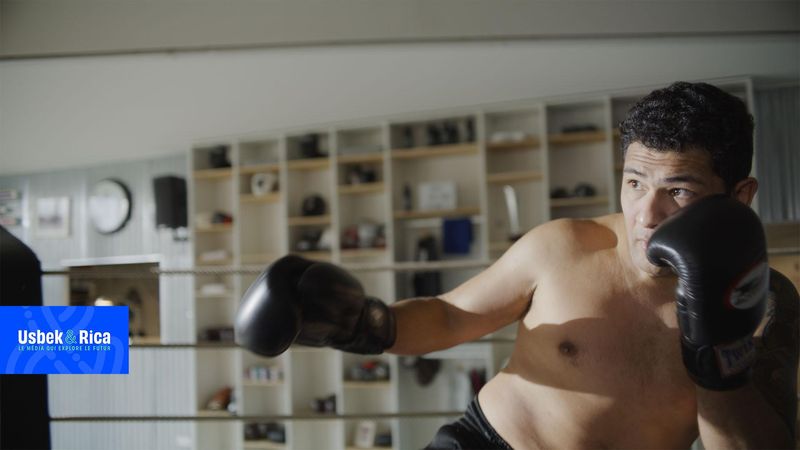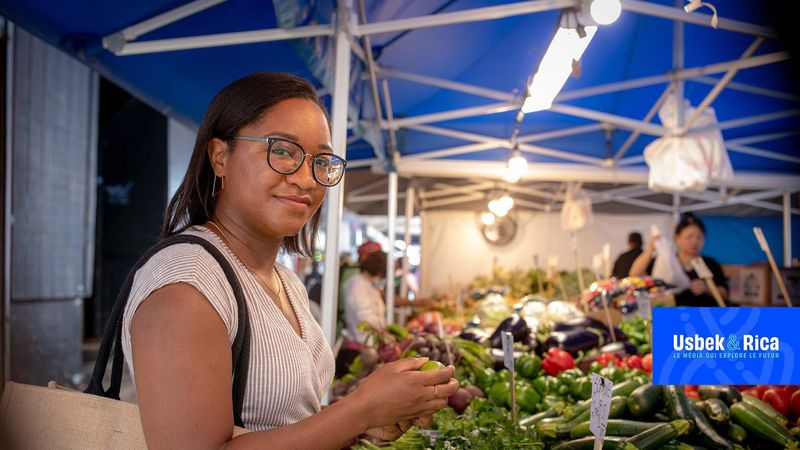Fighting for inclusion: In the world of business and sport, why are homosexuality and trans-identity still taboo?
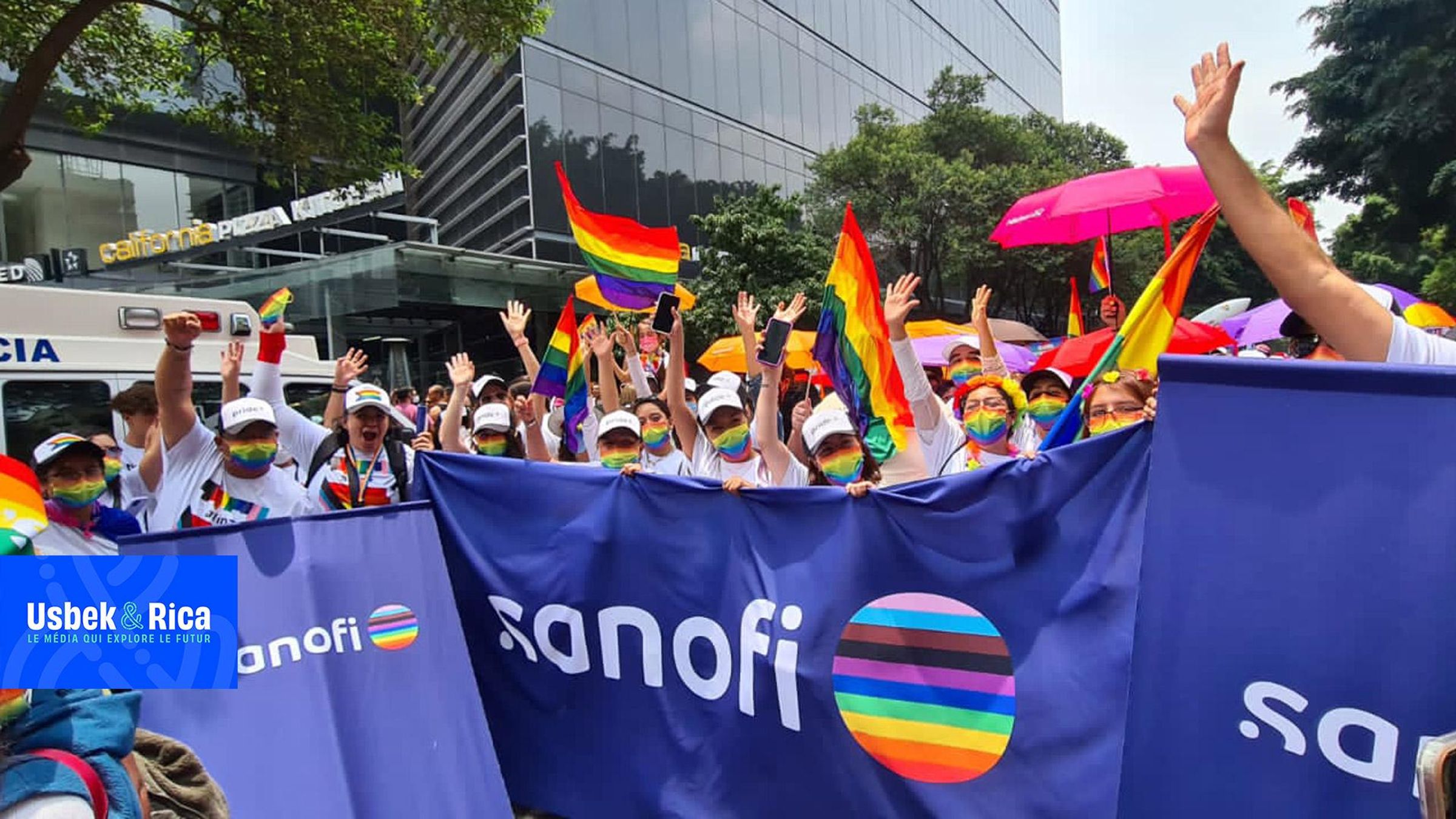
Noting the partnership between Sanofi and the Paris 2024 Olympic Games, we asked why homosexuality is still invisible in the world of sport and business. Here's what we learnt.
"If you're gay, you're not desirable, you're worth nothing", said actor Muriel Robin on "Quelle époque", broadcast on French Television on 16 September 2023. In the programme, the actor deplored the fact that her sexual orientation had closed the doors of the film industry for her. The issue is just as relevant in the worlds of sport and business, where homosexuality and trans-identity remain taboo. While progress might be slow, things are gradually changing.
A long struggle
In January 2023, former All Blacks prop Campbell Johnstone came out to the cameras of New Zealand's One News. A first for the New Zealand team, but not in the rugby world. His coming out followed that of Gareth Thomas, former captain of Wales, who revealed he was gay in 2009 just after he had retired – a brave stand in a field still widely tainted by homophobia.
In the Summer of 2022, the Australian rugby league Sea Eagles unveiled their new jersey with added rainbow stripes. The initiative was taken by the club's management to send out a message of inclusivity. Seven players refused to wear it. Which goes to show that women are not the only ones affected by homophobia in these sports.
Two-time Olympic 800 m champion Caster Semenya has been fighting in the courts for years to overturn a regulation forcing her to take hormones to lower her testosterone levels. "Her victory in the World Championships when she was just 18 led to regulations to exclude her from women's competitions because she is supposedly intersex", said Philippe Liotard, a sociologist and anthropologist specialising in sexual and moral violence in sport. "There is generally a presumption of guilt in sport. In other words, anyone who steps outside the norm is seen as a cheat. "
An affront to masculinity?
Norms also apply to the way sportsmen and women look. "Sport mirrors traditional standards of masculinity and femininity", says Philippe Liotard. "Female football and rugby players transgress the norm. The first official women's football teams only date back to the 1970s, and the first women's rugby teams to the 1980s. Women who play football or rugby, are seen as “masculine" and challenged both "on their femininity and their sexual orientation".
Women must be "feminine". Many female players "wear ponytails, unlike Megan Rapinoe, who is openly gay". Liotard mentions hateful comments on social networks about hammer thrower Alexandra Charpentier, "because she is strong and muscular, she doesn't fit in with conventional female looks ".
When tennis player Amélie Mauresmo came out in 2009 with a kiss to her girlfriend when she qualified for the Australian Open final, "the media coverage was horrendous. When straight sportsmen and women show off their latest dates or kiss their wives, husbands and children in public, everything is fine. Unfortunately, that doesn't apply to gays and lesbians. We all remember Amélie Mauresmo's puppet in the “Guignols de l'info” (French “Spitting Image”) as a freakishly huge male bodybuilder. It's nothing less than lesbophobia". It's another way of saying that lesbians are "bad women".
“It's a struggle in progress," says Christelle Foucault, "thanks to LGBTQ+ sports associations working with the Department of Sports, with national federations and other committed organisations. As part of their inclusive policy, the Paris 2024 Olympic and Paralympic Games will host a Maison des Fiertés (Pride House) run by the Fier-Play association to help show the way. The 2024 Games are already shaping up to feature the highest number of LGBT+ athletes in the history of the Games.
Slowly but surely?
In the world of work, the journey towards greater inclusion is going forward. And it's about time. IPSOS survey LGBTQ + Pride 2023, reveals that 10% of French people identify as being part of the LGBTQ+ community. The figure rises to 19% among Gen Z. Catherine Tripon, national spokesperson for l'Autre Cercle, an NGO that has been working towards the inclusion of LGBTQ+ people in the workplace over the last 25 years, states that: "The younger generations are dealing with it better than the previous ones”. Progress takes time. As a sign of the times, "this year, for the first time, we will be speaking at the MEDEF" (The French Employers Association)
"We are pushing for the world of work to recognise our identity". LGBTQ+ employees, for instance, are reluctant to take their leave to adopt a child, get married, form a civil partnership, or look after a sick child. "A VOILAT-IFOP survey reveals that 38% of lesbian employees do not have their spouse as the emergency contact. We also found that, in some cases, employees wait until the end of their career before transitioning," says Catherine Tripon.
There is also the question of female role models, as discussed by Catherine Tripon and Christelle Foucault, Sanofi’s Diversity Campaigns & External Engagement Director. “Last spring," says Foucault, "we held a roundtable discussion with athlete Pauline Déroulède to raise lesbian visibility in the workplace. I realised before the debate that I was struggling to fill a slide with world-famous lesbians, whereas gay men filled three or four slides". Women in business still fight the notorious glass ceiling and struggle to rise to senior positions.
Rightly or wrongly, women don't want to add yet another potential obstacle to career advancement by flaunting their sexual orientation or gender identity
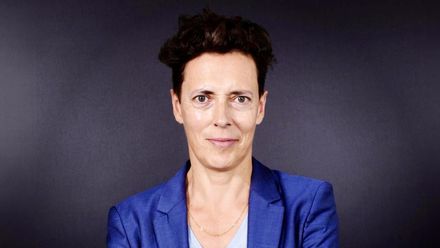
Christelle Foucault
Diversity Campaigns & External Engagement Director at Sanofi
Companies and organisations as the new watchdogs
To date, 250 companies and institutions have signed l'Autre Cercle's LGBTQ+ Charter of Commitment. "By signing the Charter, companies commit to a three-year plan" to advance the cause in the workplace. "Sanofi signed it in 2020 (and signed it again a few weeks ago, editor's note)", says Christelle Foucault. The charter follows the ERG Pride, an internal network of employees who aim to support their company's Diversity and Inclusion policy. The French chapter of the LGBTQ+ & Friends network was founded in 2014 and will celebrate its 10th anniversary alongside the Olympic Games.
"Signing the Charter is a landmark moment for a company. It recognises the importance of the employees’ network and their contribution to breaking down taboos, together with making their community visible in the professional world", says Foucault. By signing the Charter, companies commit to real action, "training managers, making sure job offers are as inclusive as possible", as well as providing social benefits for all.
Catherine Tripon reckons that progress in the business world is fragile. "We are at the mercy of political U-turns ". As a case in point, 23 American States have banned transgender students from participating in school sports. The ban will have a particularly strong impact on transgender girls’ physical and mental health, as well their social integration and will exclude them further from society. "Progress is never a foregone conclusion," Tripon says. “Organisations are the new watchdogs”. And so are companies.
Discover more

January 25, 2024
